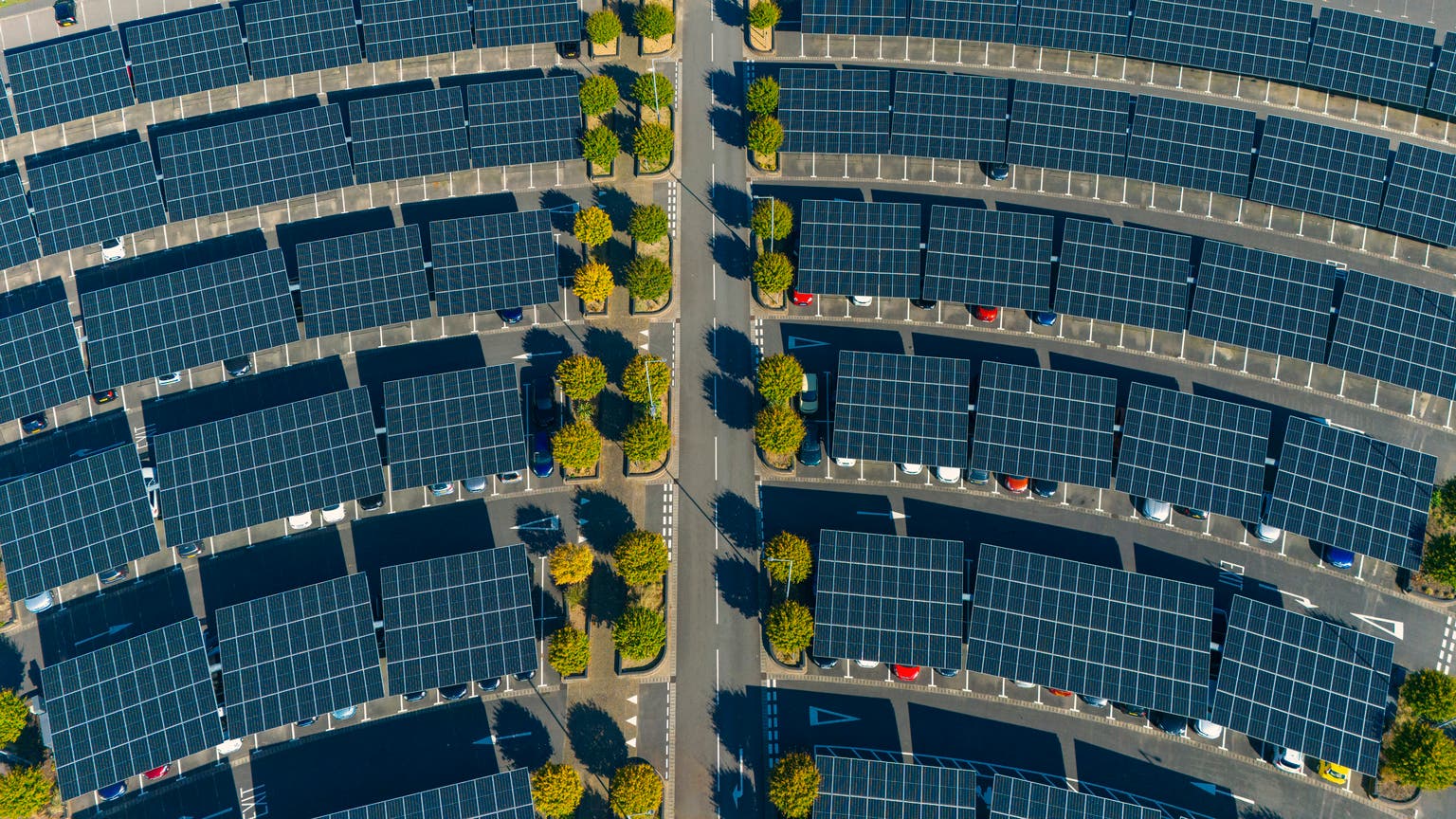AI Revolutionizing Mathematics: Solving Unsolvable Problems and Calculating its Own Energy Impact

Mathematics is the bedrock of our modern world, underpinning everything from the flight of an airplane to the complexities of financial markets and the intricacies of the human circulatory system. For decades, mathematicians have leveraged the power of computers to tackle increasingly challenging problems. But a new frontier is emerging: the potential of Artificial Intelligence (AI) to unlock solutions previously deemed impossible.
AI's Emerging Role in Mathematical Discovery
Traditionally, mathematical exploration has relied on human ingenuity, rigorous proof, and computational power. However, AI, particularly machine learning techniques, offers a fundamentally different approach. AI algorithms can analyze vast datasets, identify patterns, and generate hypotheses with remarkable speed and efficiency. This capability is proving invaluable in areas such as:
- Fluid Dynamics: AI can refine models of airflow, leading to more efficient aircraft design and improved weather forecasting.
- Financial Modeling: AI algorithms can detect subtle market trends and predict fluctuations with greater accuracy than traditional methods.
- Biomedical Engineering: AI assists in simulating blood flow and other biological processes, aiding in the development of new medical treatments and devices.
The power of AI extends beyond simply accelerating existing calculations. It can also suggest entirely new mathematical approaches and even discover previously unknown mathematical relationships. Researchers are using AI to explore areas like number theory, topology, and combinatorics, pushing the boundaries of mathematical knowledge.
The Energy Footprint of AI in Mathematics
However, this technological leap comes with a significant consideration: the energy consumption of AI. Training and running complex AI models, especially deep neural networks, requires substantial computational resources and, consequently, significant energy expenditure. As AI becomes increasingly integrated into mathematical research, it's crucial to understand and mitigate its environmental impact.
Scientists are actively working on:
- Developing more energy-efficient AI algorithms: Research focuses on optimizing algorithms to reduce their computational demands.
- Utilizing hardware accelerators: Specialized hardware like GPUs and TPUs significantly speed up AI computations while improving energy efficiency.
- Leveraging renewable energy sources: Powering AI infrastructure with renewable energy can substantially reduce its carbon footprint.
The challenge lies in balancing the immense potential of AI in mathematical discovery with the need for sustainable practices. A responsible approach involves not only harnessing AI's power but also minimizing its environmental impact, ensuring that this technological revolution benefits both humanity and the planet.
The intersection of AI and mathematics is poised to reshape our understanding of the world. By addressing the energy challenges associated with AI, we can unlock its full potential and pave the way for a future where mathematical breakthroughs and environmental responsibility go hand in hand.






